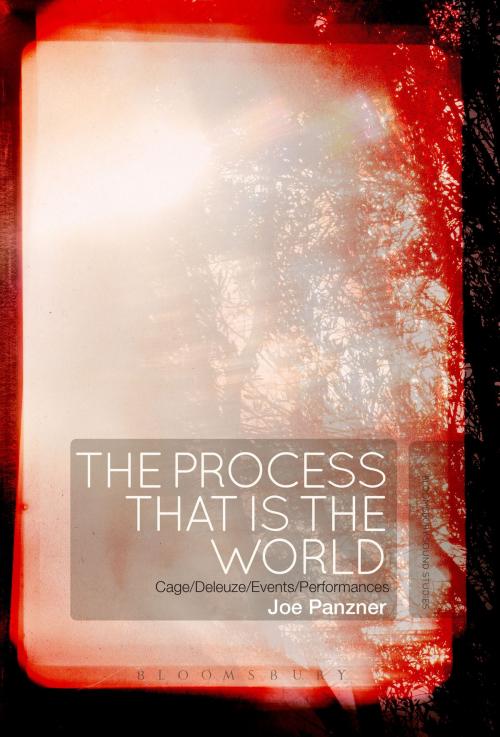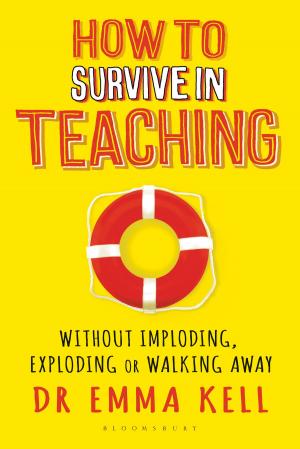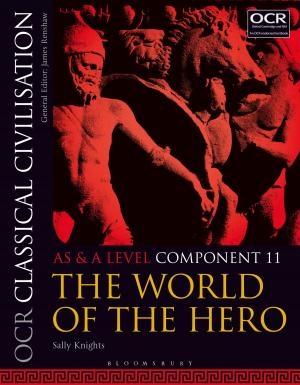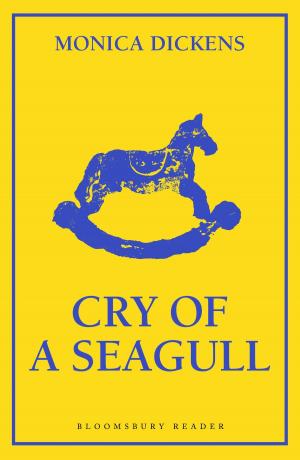The Process That Is the World
Cage/Deleuze/Events/Performances
Nonfiction, Entertainment, Music, Music Styles, Electronic & Computer, Instruments & Instruction| Author: | Lecturer in Musicology Joe Panzner | ISBN: | 9781628925739 |
| Publisher: | Bloomsbury Publishing | Publication: | December 17, 2015 |
| Imprint: | Bloomsbury Academic | Language: | English |
| Author: | Lecturer in Musicology Joe Panzner |
| ISBN: | 9781628925739 |
| Publisher: | Bloomsbury Publishing |
| Publication: | December 17, 2015 |
| Imprint: | Bloomsbury Academic |
| Language: | English |
The Process That Is the World grapples with John Cage not just as a composer, but as a philosopher advocating for an ontology of difference in keeping with the kind posited by Gilles Deleuze. Cage's philosophy is not simply a novel method for composition, but an extensive argument about the nature of reality itself, the construction of subjects within that reality, and the manner in which subjectivity and a self-creative world exist in productive tension with one another. Over the course of the study, these themes are developed in the realms of the ontology of a musical work, performance practices, ethics, and eventually a study of Cagean politics and the connection between aesthetic experience and the generation of new forms of collective becoming-together. The vision of Cage that emerges through this study is not simply that of the maverick composer or the "inventor of genius,†? but of a thinker and artist responding to insights about the world-as-process as it extends through the philosophical, artistic, and ethical registers: the world as potential for variance, reinvention, and permanent revolution.
The Process That Is the World grapples with John Cage not just as a composer, but as a philosopher advocating for an ontology of difference in keeping with the kind posited by Gilles Deleuze. Cage's philosophy is not simply a novel method for composition, but an extensive argument about the nature of reality itself, the construction of subjects within that reality, and the manner in which subjectivity and a self-creative world exist in productive tension with one another. Over the course of the study, these themes are developed in the realms of the ontology of a musical work, performance practices, ethics, and eventually a study of Cagean politics and the connection between aesthetic experience and the generation of new forms of collective becoming-together. The vision of Cage that emerges through this study is not simply that of the maverick composer or the "inventor of genius,†? but of a thinker and artist responding to insights about the world-as-process as it extends through the philosophical, artistic, and ethical registers: the world as potential for variance, reinvention, and permanent revolution.















